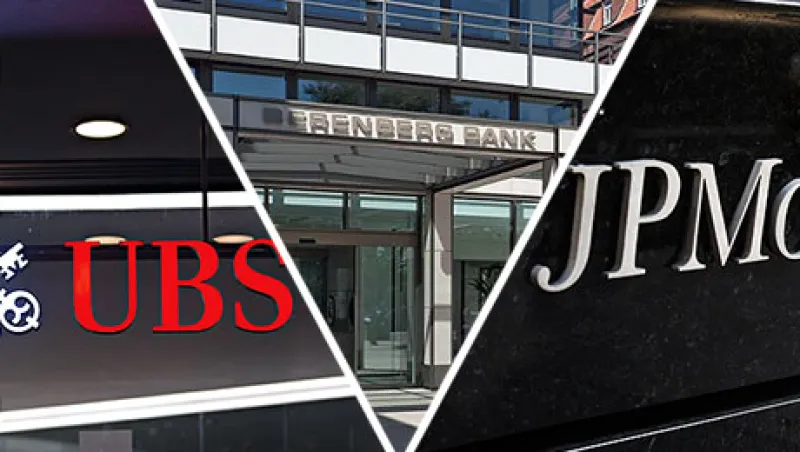MiFID II is fast approaching, but the prospect of its January 2018 implementation is doing little to quell demand for access to executive teams at European corporations — as well as access for these teams to the buy side.
For the first time, Institutional Investor’s All-Europe Corporate Access ranking has collected responses from both sides of the corporate access equation: Those buy-side firms that rely on their sell-side partners to provide access to corporate executive teams, and the corporate investor relations executives who want access to the buy side.
In this inaugural iteration of the investor relations poll — which saw 318 participants ranking sell-side firms from the corporate vantage point — Bank of America Merrill Lynch and J.P. Morgan Cazenove tie for first place with four total positions each. Berenberg, Kepler Cheuvreux, and Morgan Stanley tie for third with three team positions.
Events, of course, are central to corporate access, and few do it better than Hamburg-based Berenberg. One standout event is its Pennyhill conference in December in the U.K., which brings together 150 corporations and more than 400 investors from the U.S. and Europe over four days. The conference has a “warm and fuzzy feeling,” says Olivia Lee, global head of corporate access at Berenberg. One of the strategies making Berenberg’s conferences so successful has been to hold events just outside of the major cities rather than in a central location. This discourages attendees from drifting in and out, Lee explains.
But even more than physical events, the key to Berenberg’s corporate access is its strong research, bolstered by the “quick note” system the firm uses, Lee said. After speaking with an investor about a certain stock, salespeople make note of the conversation in an internal system. Berenberg can then suggest to corporate executives where to travel to meet interested investors.
“In a MiFID II environment, that’s going to be crucial,” Lee says of Berenberg’s research data, adding that “that level of detail is lacking at most other banks.”
For the buy-side point of view, II surveyed more than 1,100 investors at 565 firms. These investors — who collectively oversee about $4.7 trillion in European equities — evaluated sell-side firms in 32 industry sectors on arranging meetings with executives, setting up site visits, hosting investor conferences, and organizing nondeal road shows.
In a shift from the 2016 edition of the All-Europe Corporate Access ranking, UBS takes the top spot this year, replacing Bank of America Merrill Lynch. UBS has 21 positions, five in first place. Though BofA Merrill slips to second place with 20 overall positions, the firm claims the highest number of first-place teams, with eight. J.P. Morgan Cazenove comes in at third place with 18 total positions.
Investors are increasingly interested in thematic topics such as politics, notes Pilar Rocafort, head of EMEA corporate access and global consumer specialist sales at UBS. The firm hosted panels on such populist trends as Brexit, the upcoming elections in France, and then-president-elect Trump’s likely policies at its November European Conference in London, combining the exploration of these topics with networking between investors and executives.
Additional themes on investors’ minds include cybersecurity and artificial intelligence, says Patricia Lefranc, head of corporate and expert access at J.P. Morgan Cazenove, which has added those discussions to its recent events. “In an increasingly volatile time, investors value macro input,” she observes.
Ashley Pittard, head of global equities at Australian firm BT Investment Management, praises UBS’s conferences for their “broad lineup of top management” and the firm’s willingness to conduct teleconferences when management are in Asia. Pittard adds that it would be “good to have a cluster of conferences together, even if from different brokers,” thus reducing travel time from Australia.
Ultimately, several of the top-ranked firms in II’s 2017 ranking believe that while the realities of MiFID II are months away, each will continue to see strong demand for access, even as the industry remains “extremely competitive,” according to Lefranc.
Berenberg’s Lee holds the most optimistic view. “MiFID II may be beneficial for us,” she suggests. “[Other] banks will have to drop coverage, but we have no intention of reducing our coverage.”






